“Faith Alone” distorts the gospel and breaks obedience off as a part of faith
When exploring the essentials of Christian faith, one topic that often causes confusion is the distinction between works and works of the law. This distinction is critical to understanding how a person is justified before God according to the Bible. In this article, we will dive deeply into the biblical teachings on this subject, clarify common misunderstandings propagated by false teachings, and provide a comprehensive explanation of what it truly means to be justified by faith and works.
Drawing inspiration from the insightful teachings of the How To Be Christian ministry, this article unpacks key biblical passages, examines the historical context of theological debates, and offers practical guidance for anyone seeking to live out a genuine Christian faith. If you’ve ever wondered how works relate to faith, or what “works of the law” really means, keep reading to gain clarity and confidence in your walk with Christ.
All Works Are Not the Same: A Simple Analogy
To start, imagine you are told to give a speech but are not allowed to use any of the “words of the day” from a website like Dictionary.com. Does that mean you cannot use any words at all? Of course not. You are simply asked to avoid a specific subset of words, but you are still expected to use words in your speech.
This analogy is crucial because it mirrors how the Bible differentiates between works in general and works of the law. All works of the law are works, but not all works are works of the law. Recognizing this distinction is key to understanding Christian justification.

What Does the Bible Say About Faith and Works?
Many Christians have heard the phrase “justification by faith alone.” However, this teaching is not biblical and was popularized by Martin Luther during the Reformation. The Bible itself, especially in the book of James, clearly states the necessity of works alongside faith.
“A person is justified by works and not by faith alone.” (James 2:24)

This verse is often overlooked or misinterpreted by false teachers who emphasize faith alone. In fact, the term “faith alone” appears only once in the Bible—in this exact passage, and it is used to refute the idea that faith without works is sufficient for justification.
James elaborates:
“What good is it, my brothers, if someone says he has faith but does not have works? Can that faith save him?” (James 2:14)
He then provides a practical example: if a brother or sister is in need of food and clothing, simply telling them “Go in peace, be warmed and filled” without providing for their physical needs is useless. Faith alone, without accompanying works, is dead.
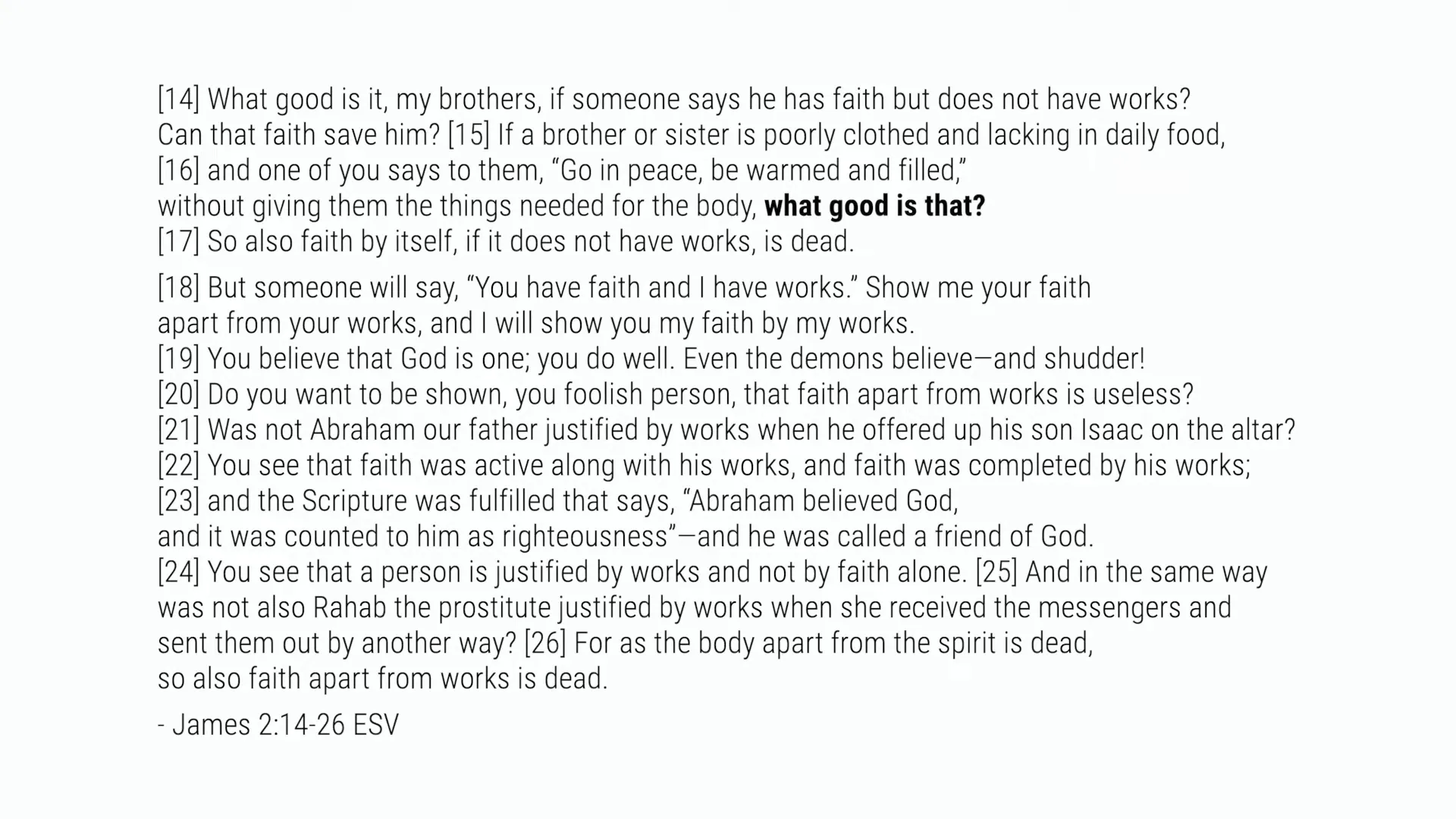
Faith Without Works Is Dead
James emphasizes that faith must be demonstrated by works. Saying you believe in Jesus but acting contrary to His teachings—such as committing violence or theft—shows that your faith is not genuine.
“Faith by itself, if it does not have works, is dead.” (James 2:17)
Good works are the evidence of living faith. They validate and complete faith, just as Abraham’s faith was made complete by his willingness to offer Isaac (James 2:21-22), and Rahab was justified by her works when she helped the spies (James 2:25).
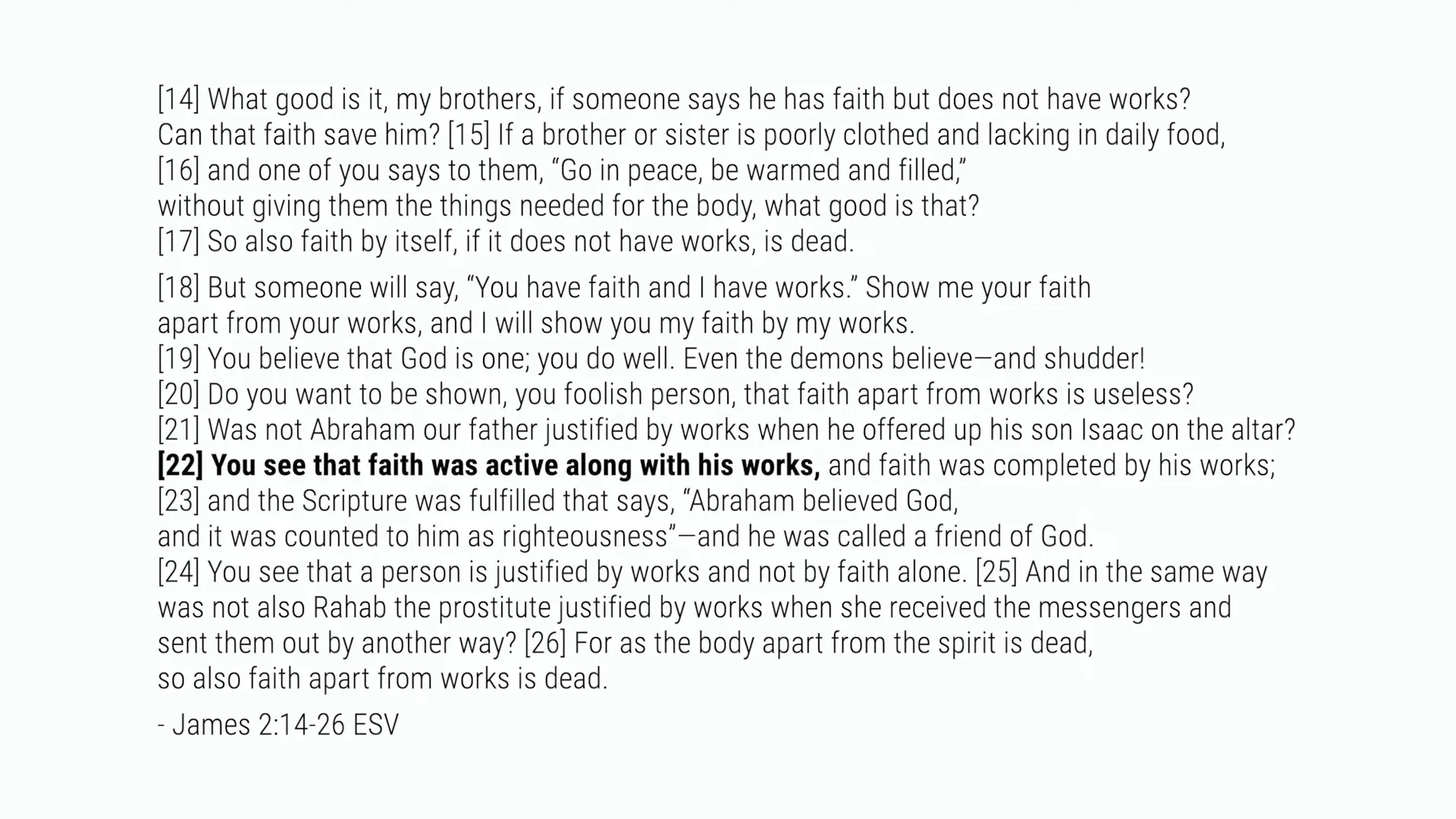
False Teachings About Faith Alone
Despite these clear biblical teachings, false doctrines about “faith alone” have persisted for centuries. Martin Luther, who popularized the concept, even attempted to remove the book of James from the Bible because it contradicted his theology. Although he failed to remove it, many modern teachers still promote the idea that faith alone suffices for salvation.
How do these teachers justify their position? They often cite passages such as Galatians 2:16 and Romans 3:28, which say:
“A person is not justified by works of the law but through faith in Jesus Christ.” (Galatians 2:16)
“We hold that one is justified by faith apart from works of the law.” (Romans 3:28)
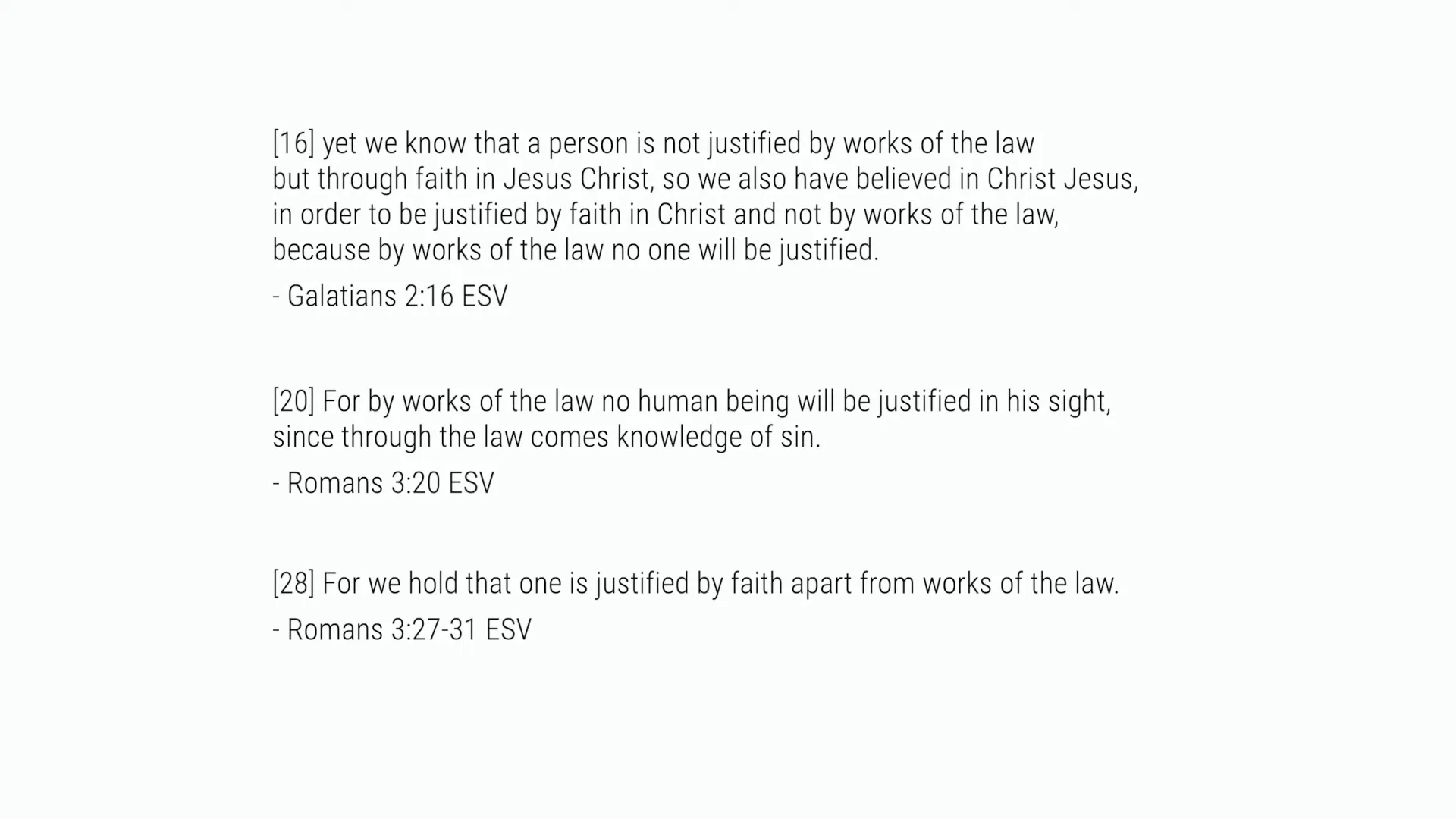
At first glance, these verses seem to support justification by faith alone. However, they specifically mention works of the law, not works in general. This distinction is crucial.
Understanding Works of the Law
Works of the law refer to specific religious observances and rituals prescribed by the Mosaic Law, such as circumcision, dietary restrictions, and ceremonial separations between Jews and Gentiles. These were practices that some early Christians insisted Gentile believers must follow to be justified.
Paul argues that no one is justified by these works because they cannot save; justification comes through faith in Jesus Christ. However, this does not mean that all works are irrelevant or unnecessary.
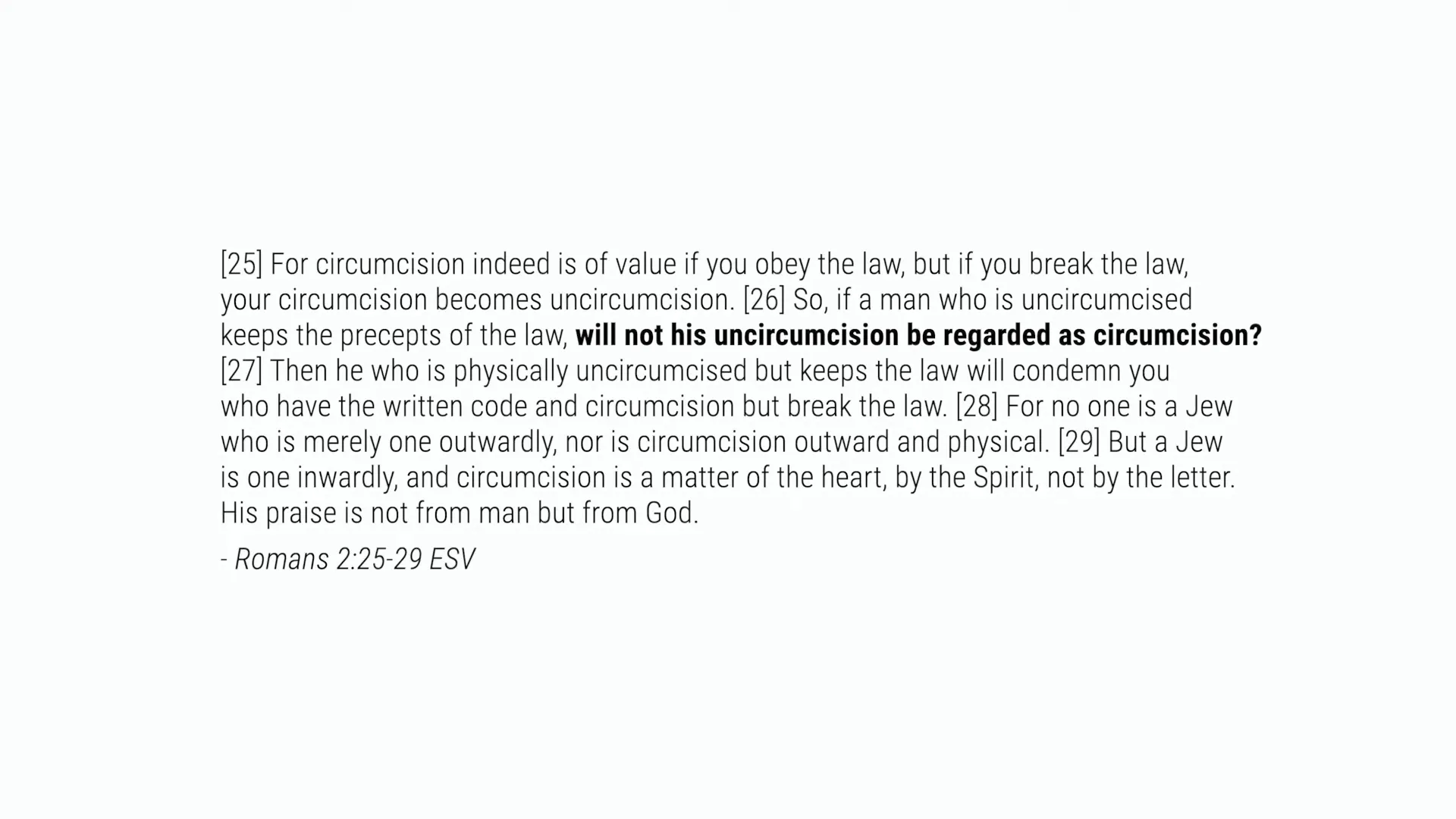
Reconciling Faith and Works in Christian Life
The Bible teaches that while we are not justified by works of the law, we are justified by works that flow from genuine faith. Faith alone, without works, is dead; works alone, without faith, are insufficient. Both must coexist.
To illustrate, consider the analogy again: if you are to give a speech using words but not the “words of the day,” you still speak words—just not those specific ones. Similarly, Christians are justified by faith and works, but not by works of the law.
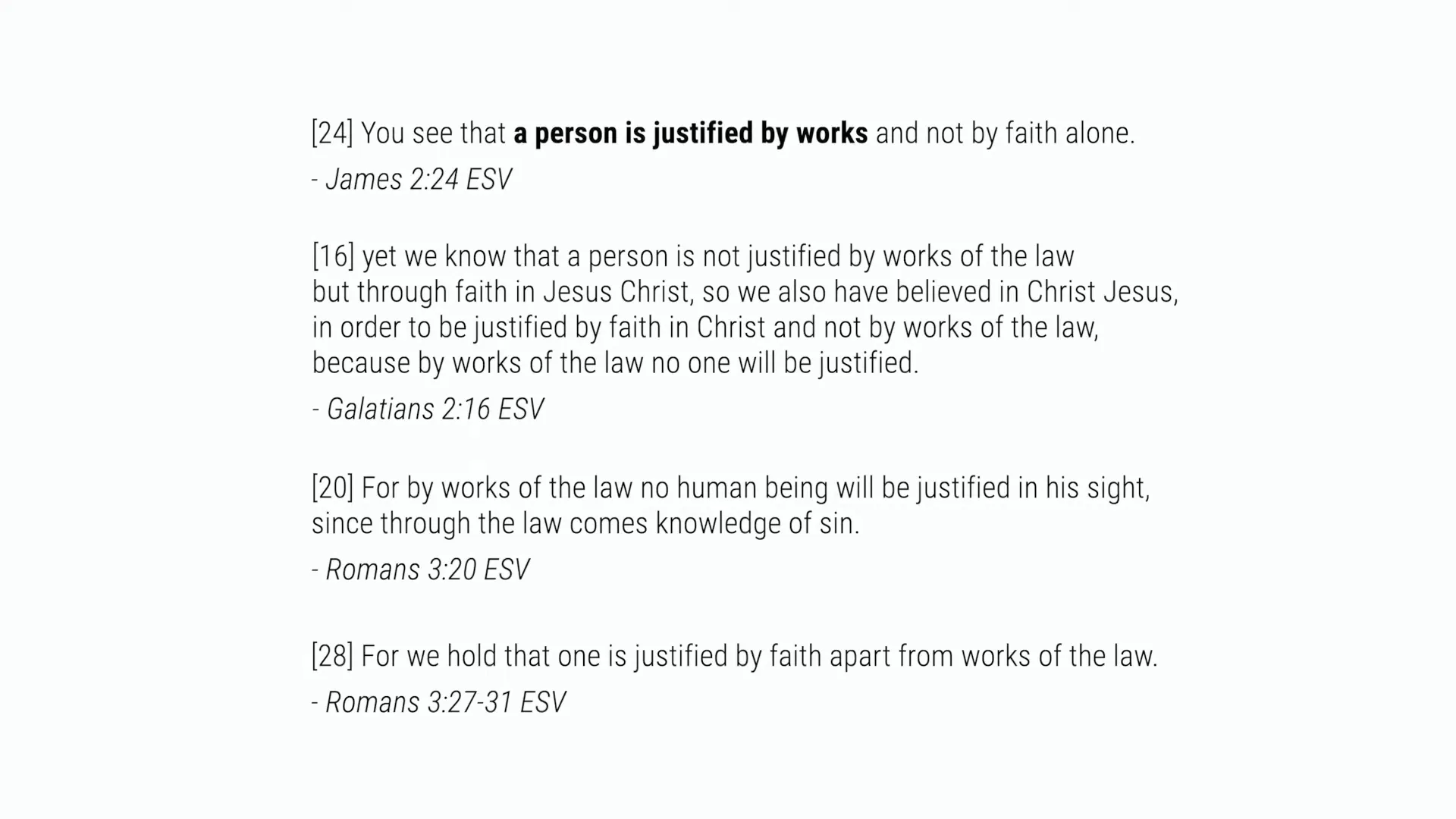
Examples from Scripture Supporting Good Works
Throughout the New Testament, Jesus and the apostles emphasize the importance of good works as evidence of faith and as a vital part of the Christian walk:
- Jesus: When asked what good deed is necessary for eternal life, He replied by listing commandments that involve moral actions such as not murdering, not stealing, and loving your neighbor (Matthew 19:16-19).
- Paul to the Ephesians: “For we are his workmanship, created in Christ Jesus for good works, which God prepared beforehand, that we should walk in them.” (Ephesians 2:10)
- Paul to Timothy: He instructs the rich to be “rich in good works, to be generous and ready to share” (1 Timothy 6:18).
- Titus: Paul urges believers to be “ready for every good work” and to devote themselves carefully to good works (Titus 3:1-8).
- James: Advocates for faith demonstrated through works and warns against faith without accompanying deeds.
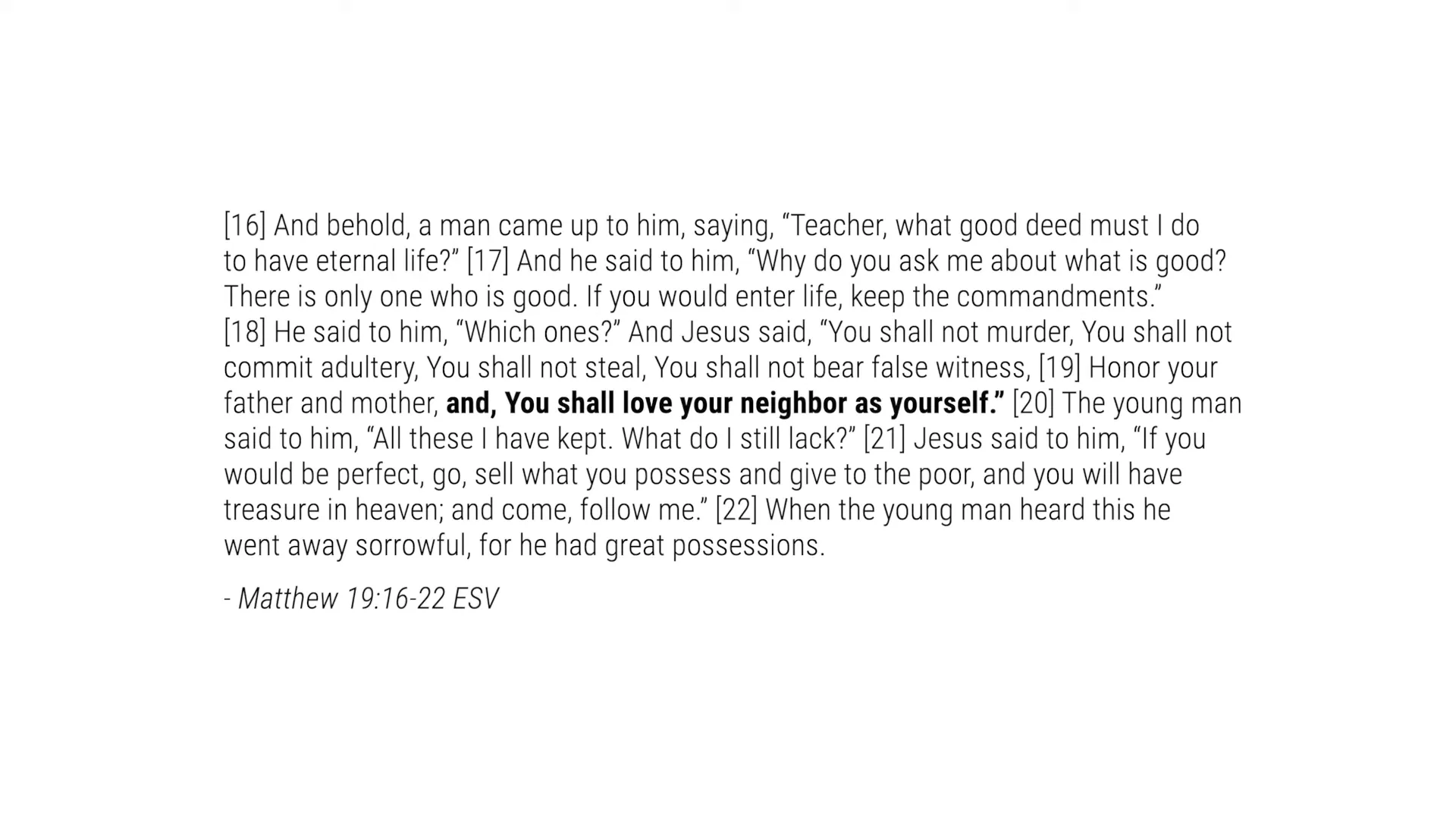
The Danger of Misinterpreting Justification
Some argue that there are more verses stating that faith alone is sufficient, so those should be believed over the few that mention works. This approach is misguided and ignores the bigger picture. The Bible is consistent and complementary in its teachings, not contradictory.
When properly understood, passages about justification by faith and those about justification by works are talking about different types of works. The Bible never contradicts itself but rather presents a holistic view: we are justified by faith, which naturally produces good works, but not by adherence to the ceremonial works of the law.
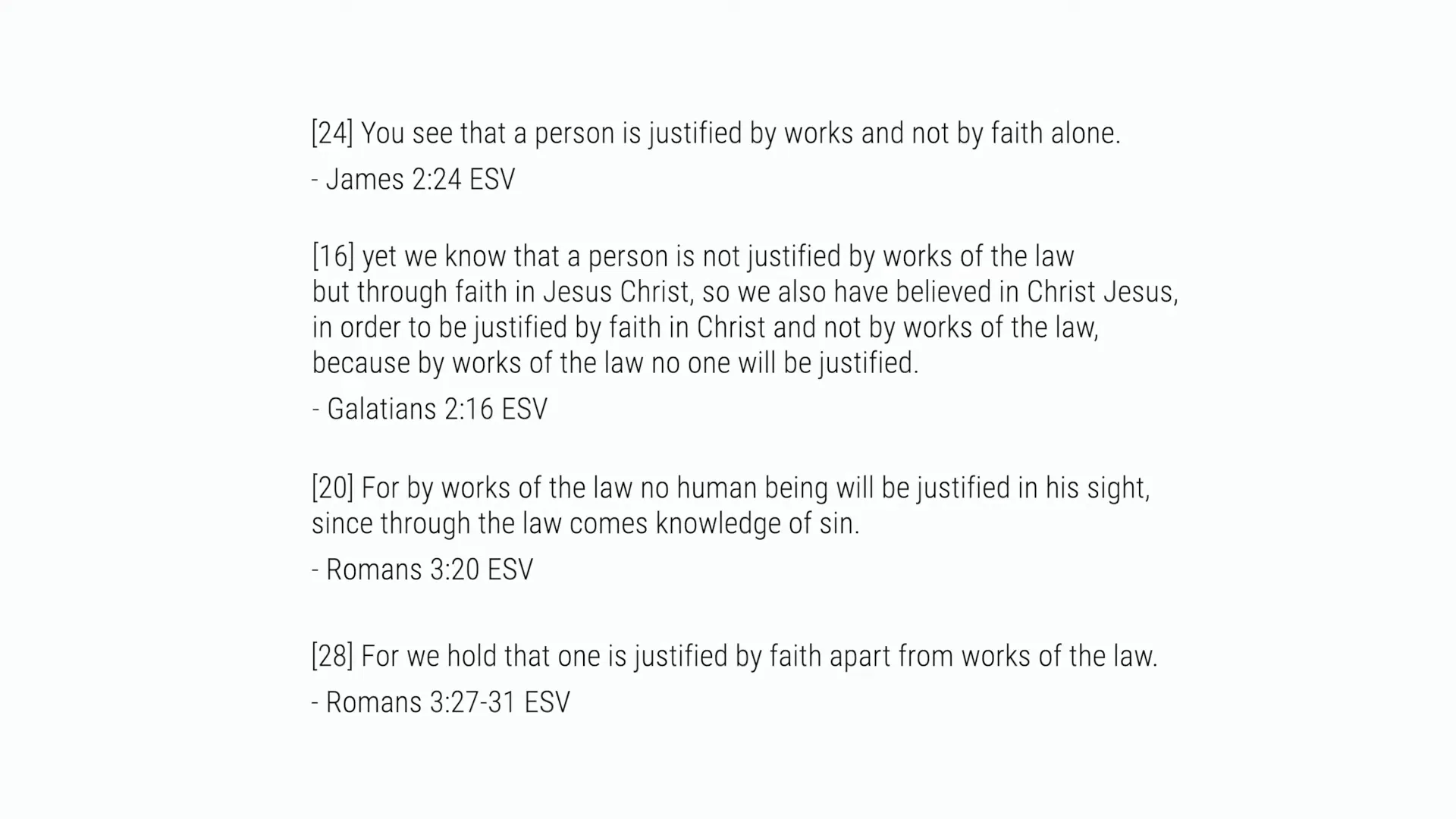
Historical Context: Why Works of the Law Were Rejected
In the early church, Gentile converts faced pressure from some Jewish Christians to adopt Jewish customs like circumcision and dietary laws to be fully accepted. Paul and others argued vehemently against this, teaching that faith in Christ alone justifies a person and that these external works of the law are not necessary for salvation.
For example, in Galatians, Paul recounts opposing Peter (Cephas) because Peter withdrew from eating with Gentiles under pressure from the circumcision party, thereby acting hypocritically and forcing Gentiles to live like Jews. Paul made it clear that such works of the law do not justify anyone.

Good Works Are Still Essential for Christians
While Christians are not justified by works of the law, they are still called to live lives full of good works that reflect their faith. God rewards those who seek glory, honor, and immortality through patience and well-doing (Romans 2:6-11). Paul encourages believers not to grow weary of doing good and to seize every opportunity to do good to everyone (Galatians 6:9-10).
Thus, good works are not the means of salvation but the fruit of a living faith. They demonstrate our commitment to God and love for others.

Conclusion: Embracing the Biblical Balance of Faith and Works
Understanding the difference between works and works of the law is vital for anyone wanting to follow Christ authentically. The Bible teaches clearly that we are justified by faith in Jesus Christ, but that faith without works is dead. We are not saved by the ceremonial works of the law, such as circumcision or dietary restrictions, but genuine faith will always be accompanied by good works that demonstrate that faith.
False teachings that promote “faith alone” as the sole requirement for justification are not supported by Scripture. The only biblical mention of “faith alone” is in James, which refutes the concept by stating, “a person is justified by works and not by faith alone.”
If you are interested in how to be Christian, embrace the teachings of Jesus and the apostles: have faith, yes, but also live it out through good works. Let your faith be alive, active, and visible through acts of love, kindness, and obedience to God’s commandments.
Remember, the Christian life is a journey of faith and works intertwined. Study the Scriptures for yourself, and seek to understand the whole counsel of God. Doing so will lead you to a richer, more authentic relationship with Christ and a life that honors Him.
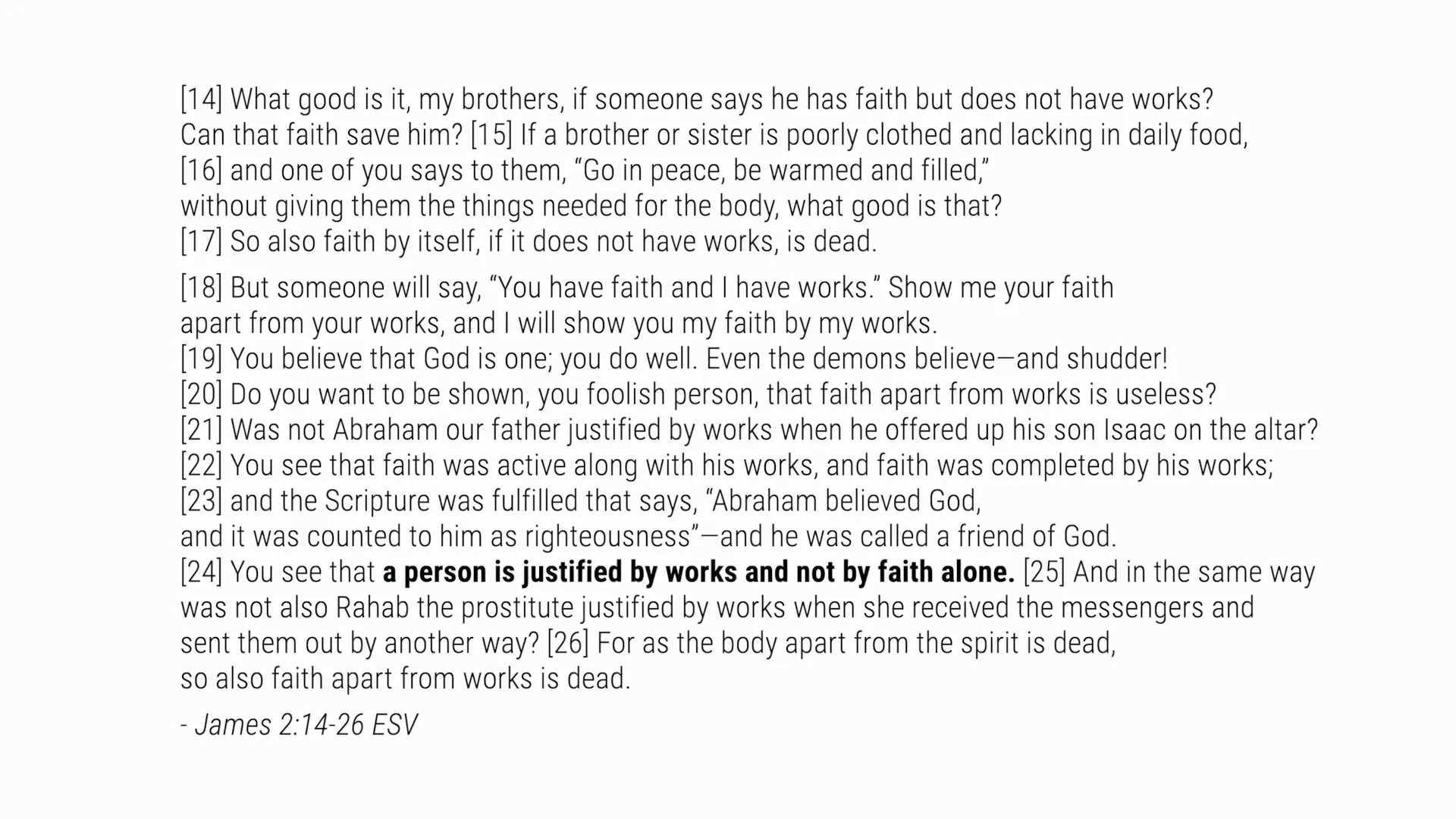
May this understanding encourage you and guide you as you grow in your Christian walk. Faith and works are partners in the journey of salvation, not rivals. Live them both fully and joyfully.